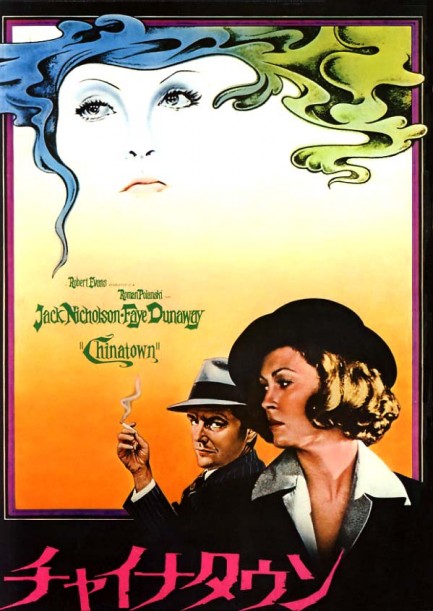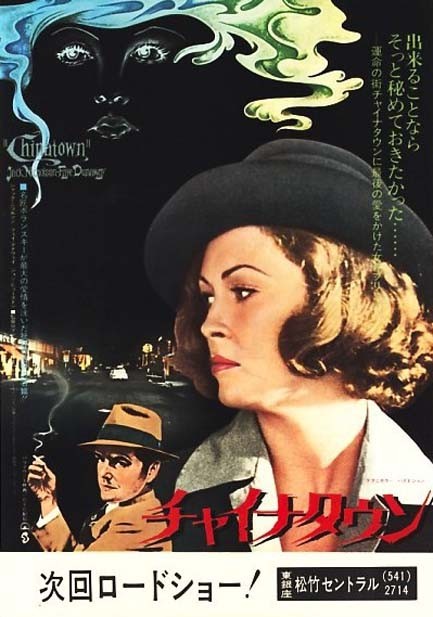| Vintage Pulp | Feb 14 2018 |

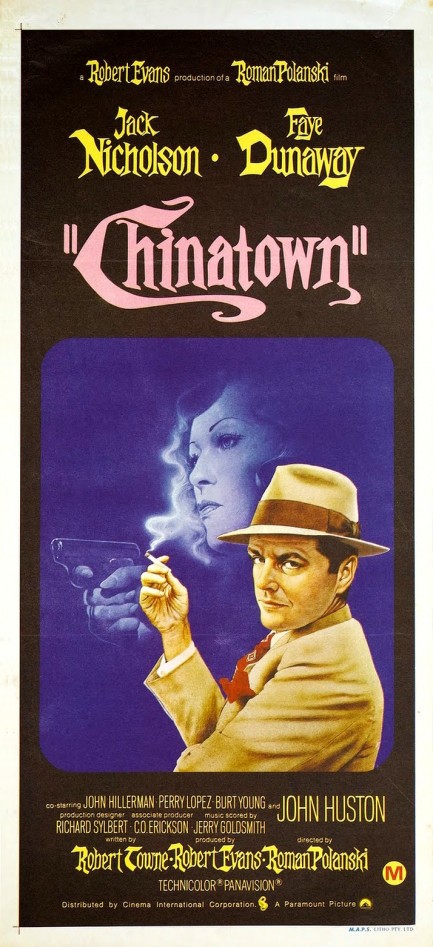
As far as director Roman Polanski goes, we've talked about him before. But we'll add that art stands on its own, and people stand on their own too. Having created superior art should not absolve someone of crimes; having committed crimes should not serve to denigrate superior art. That's just our opinion. Plus, a director isn't the only one responsible for a film. The hundreds of others involved, including the select group pictured below, and especially the unpictured screenwriter Robert Towne—who is just as responsible for Chinatown as Polanski and won an Oscar for his screenplay—deserve credit. We will always criticize art for being inaccurate when it pretends to be truthful, or for promulgating false or harmful beliefs. Chinatown doesn't do that. Quite the opposite—it offers sharp insights into how and why Los Angeles became what it is. Meanwhile its subplot somewhat foreshadows Polanski's own crime, which makes the film ironic in the extreme. If you haven't seen it you simply must.
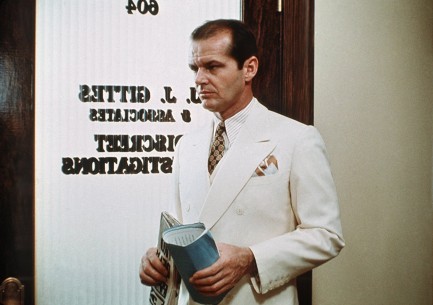
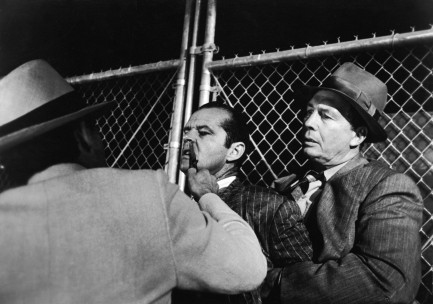
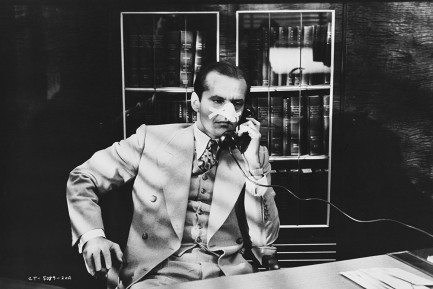
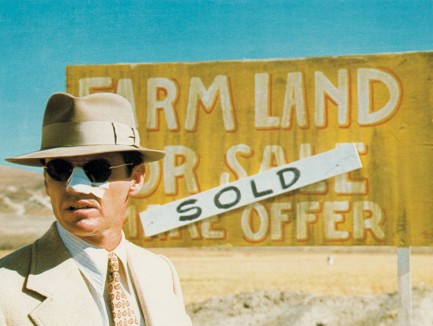
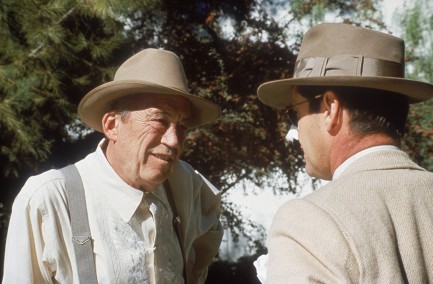
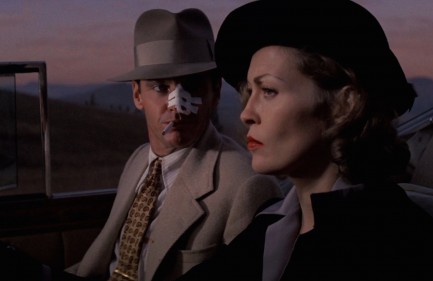
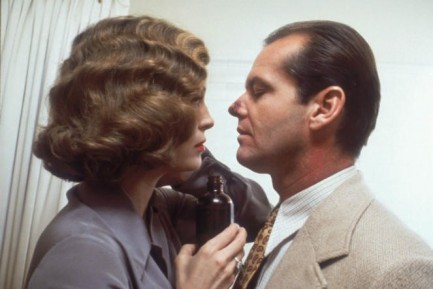
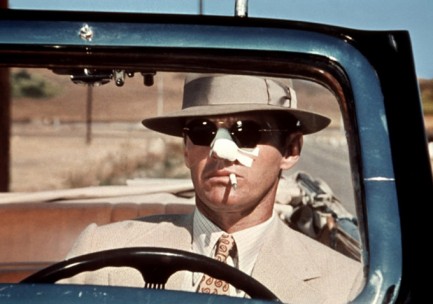
| Vintage Pulp | Jun 29 2015 |

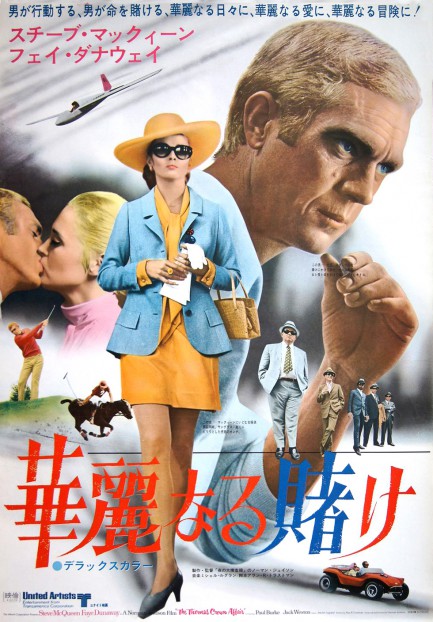
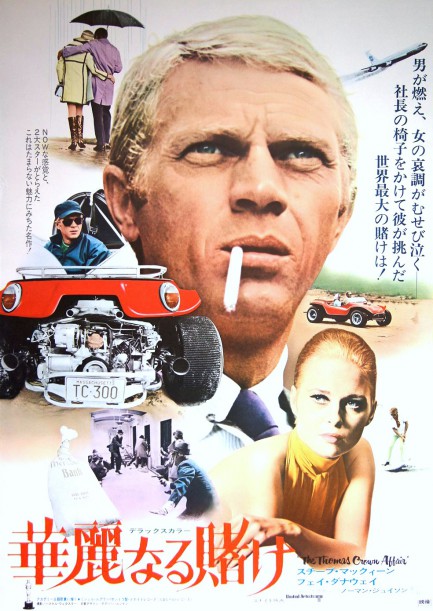
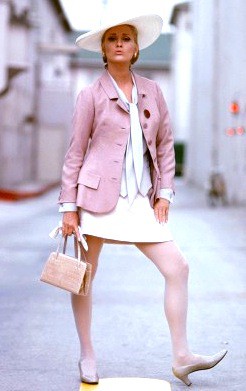 These two posters for The Thomas Crown Affair are among the more visually pleasing Japanese promos for Western films we’ve come across, both versions managing to capture the style and mood of the movie quite nicely. Directed by Norman Jewison, The Thomas Crown Affair was his follow-up feature to the bravura Oscar winner In the Heat of the Night and showed him in masterful command of his already razor sharp craft. And Faye Dunaway and Steve McQueen aren’t too shabby either, as what begins as enmity between a career thief and a genius investigator quickly becomes one of cinema history's most enjoyable mating dances.
These two posters for The Thomas Crown Affair are among the more visually pleasing Japanese promos for Western films we’ve come across, both versions managing to capture the style and mood of the movie quite nicely. Directed by Norman Jewison, The Thomas Crown Affair was his follow-up feature to the bravura Oscar winner In the Heat of the Night and showed him in masterful command of his already razor sharp craft. And Faye Dunaway and Steve McQueen aren’t too shabby either, as what begins as enmity between a career thief and a genius investigator quickly becomes one of cinema history's most enjoyable mating dances.
Even if you’ve seen 1999’s redundant though palatable remake with Pierce Brosnan and Rene Russo, Jewison’s radiant original is still a must see, and it’s different in enough details to keep viewers guessing. Direction, cinematography, editing, music, design, wardrobe, and script all combine self-consciously and expertly as if in an irresistibly decadent multi-layer cake baked by a top pastry chef. Good through and through, The Thomas Crown Affair opened in Japan today in 1968.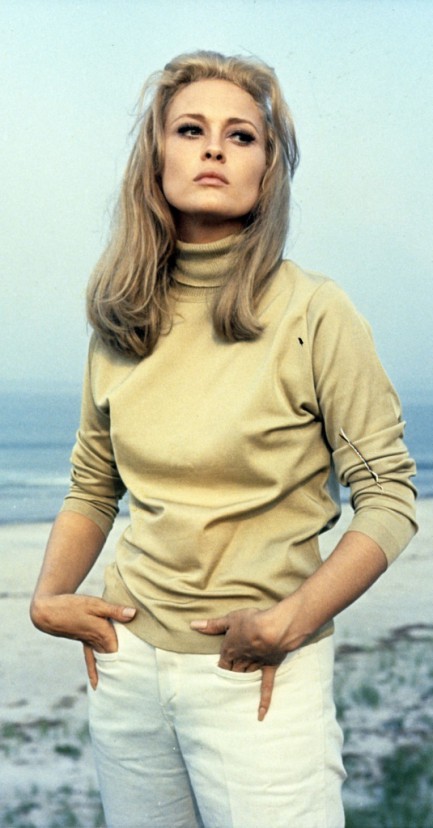
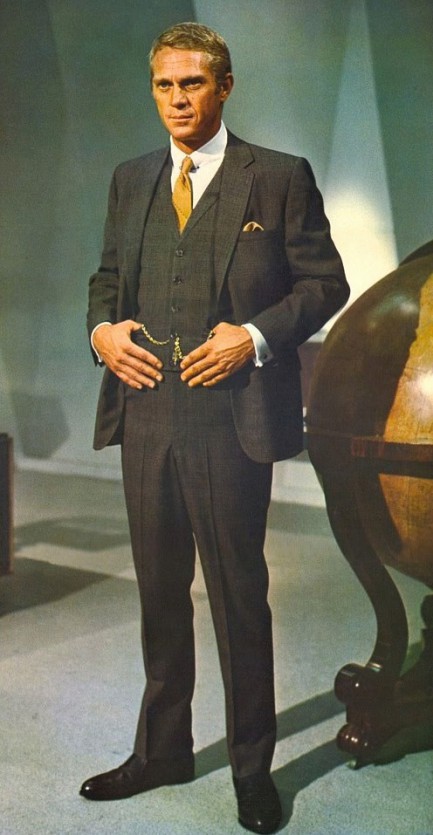
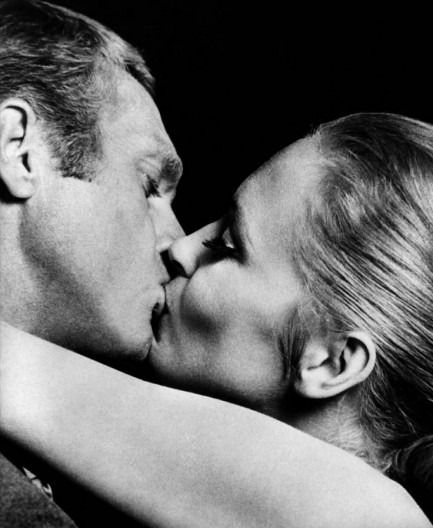
| Vintage Pulp | Mar 19 2015 |

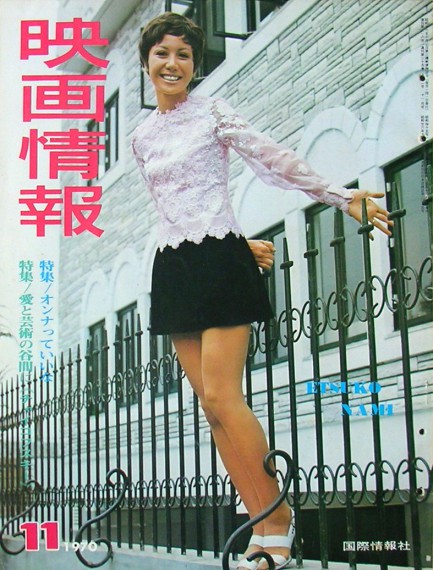
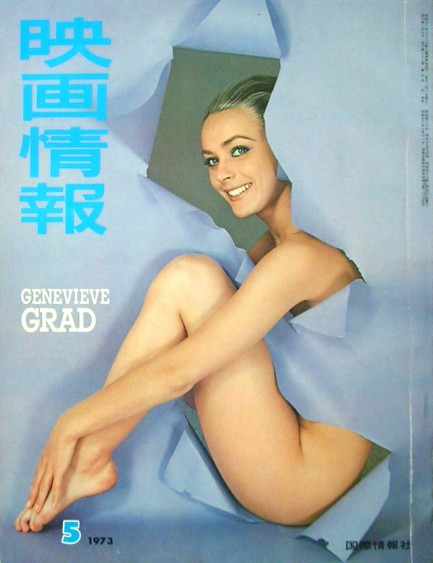
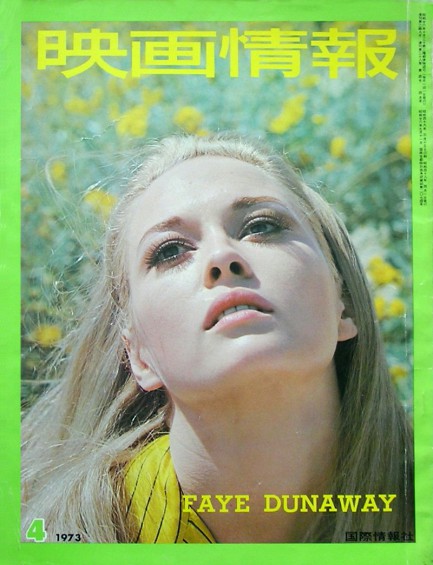
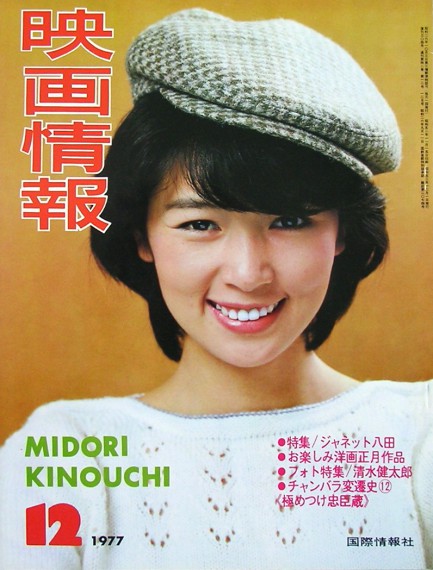
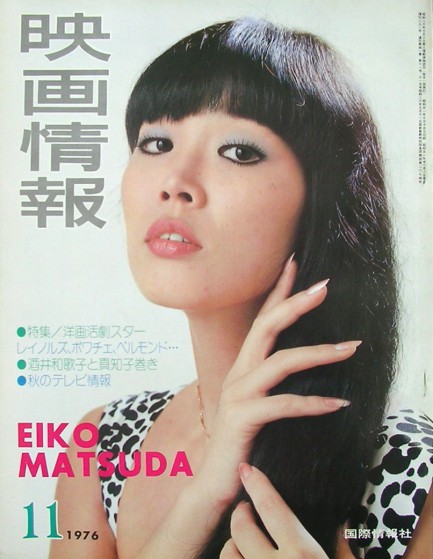
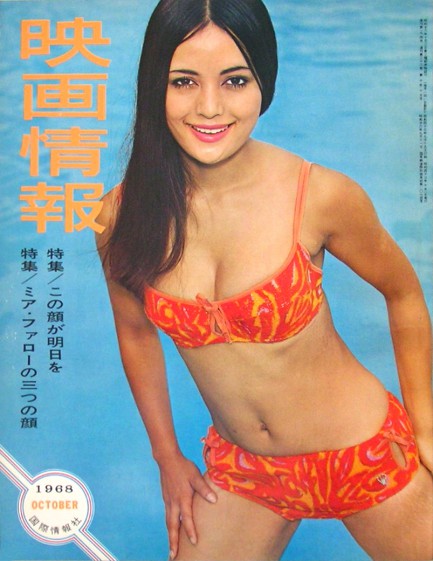
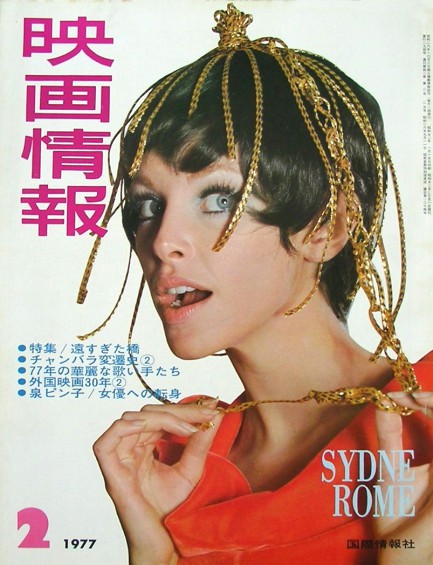
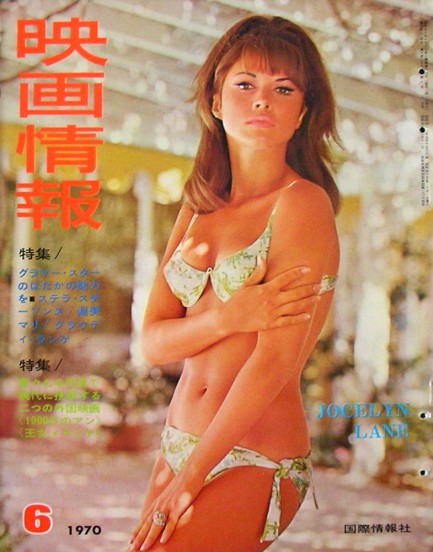
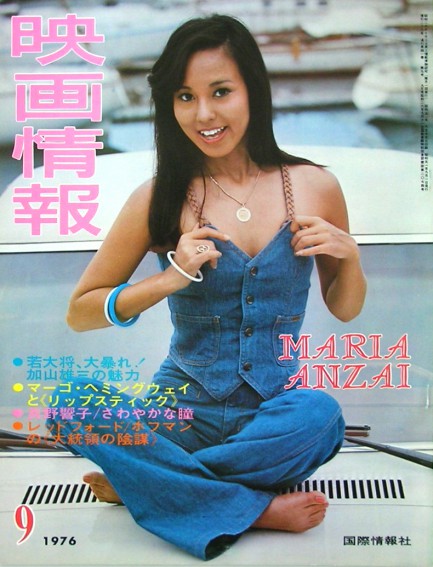
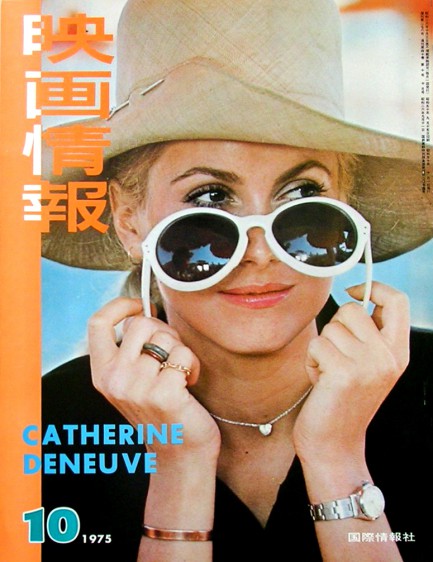
Above is a collection of covers from Movie Pictorial, aka Movie Information, a Japanese cinema and celeb magazine that thrived from the 1950s until the 1980s. Typically one side was Japanese in nature, and the other was Western. These were filled with photos, but we haven’t managed to find one at a reasonable price yet. When we do we’ll show you what’s inside. You can see more covers here and here.
| Femmes Fatales | May 1 2013 |

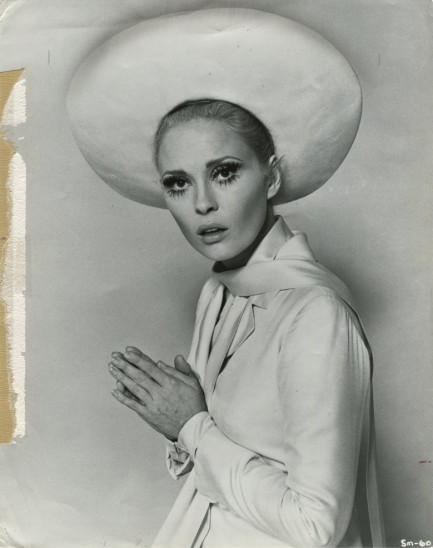
This great shot of Faye Dunaway in a bagel-like hat was made in 1968 when she was filming her hit movie The Thomas Crown Affair with Steve McQueen. Really nothing more can be said about this rare image except behold her beauty and watch the movie. Also, we have another rare Dunaway image here.
| Femmes Fatales | Feb 11 2012 |

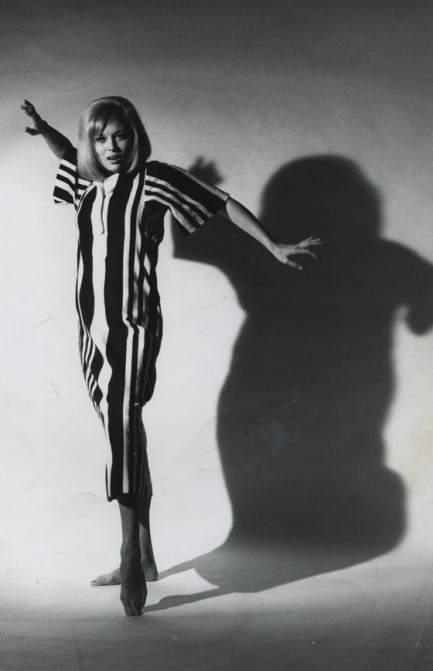
This rare promo shot of American actress Faye Dunaway was made when she was starring in Bonnie and Clyde, which was a film so polarizing that one of the most respected critics in America—the New York Times’ Bosley Crowther—launched a campaign against the values he felt the movie represented. But American filmgoers loved Bonnie and Clyde, and Crowther’s scathingly negative review exposed him as out of touch with the zeitgeist and especially with the maverick film directors coming out of Hollywood. It was 1967, and everything was changing. The Times fired Crowther and gave his job to Pauline Kael. Bonnie and Clyde became a worldwide hit and cinematic landmark. And Faye Dunaway became one of the biggest stars in Hollywood.
| Hollywoodland | Aug 6 2011 |

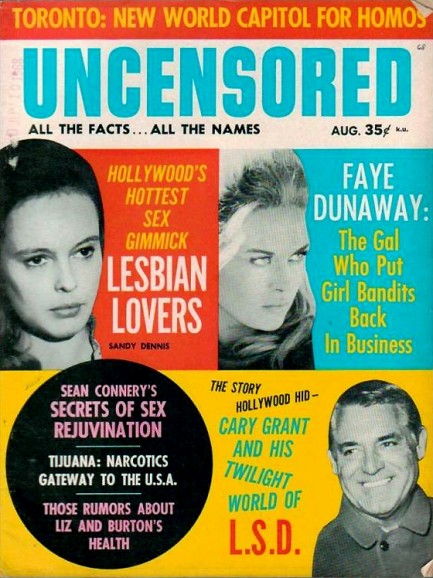
We’re back to the gossip magazine Uncensored today, with its info-packed cover telling us about gay Toronto, lesbian Hollywood, Sean Connery’s sex secrets and rumors about Liz Taylor and Richard Burton. But the standout item here (aside from the appearance of the non-word “rejuvination” and the misused term “capitol”) is the one on Cary Grant and his experimentation with LSD. Before the Beatles, Timothy Leary, and Carlos Castaneda, LSD was the drug of choice for a rarefied circle of glamorous elites who ingested it as part of their psychiatric therapy sessions. We’re talking about people as famous and diverse as aquatic actress Esther Williams, Time publisher Henry Luce, director Sidney Lumet, authors Aldous Huxley and Anais Nin, and composer André 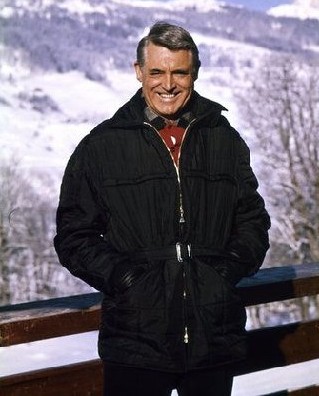 Previn.
Previn.
Cary Grant never tried to keep his LSD use secret. In fact, he spoke glowingly about it in a 1959 interview with Look magazine, saying that it had brought him close to happiness for the first time in his life. He also said that LSD taught him immense compassion for other people, and had helped him conquer his own shyness and insecurity.
But by 1968 the U.S. government—which had experimented extensively with LSD in hopes of using it as a truth serum or a form of chemical warfare, and had dosed thousands of people both willingly and unwillingly—was moving toward declaring the drug illegal. Grant’s wife Dyan Cannon had famously cited LSD usage as a primary factor in seeking a 1967 divorce, and the counterculture embrace of the drug was beginning to frighten middle America and the White House. That’s the backdrop against which this August 1968 Uncensored appeared, and by October of the year LSD was illegal. But the fact that public opinion had shifted—or more accurately, had been pushed by a steady, government-initiated anti-LSD campaign—did not particularly harm Grant’s public standing.
When he died in 1986 he was still one of the most revered Hollywood actors ever. And about his LSD usage he had no regrets. Quite the opposite—he commented: “Yes, it takes a long time for happiness to break through either to the individual or nations. It will take just as long as people themselves continue to confound it. You’ll find that nowadays they put you away for singing and dancing in the street. ‘Here now, let’s have none of that happiness, my boy. You cut that out; waking up the neighbors!’ Those darn neighbors need waking up, I can tell you, constable!”
| Vintage Pulp | Apr 12 2009 |

Most critics think it’s one of the best films ever made. We think its promo art is also of rare quality. Below are two Japanese one-sheets for Roman Polanski’s all time masterpiece Chinatown, starring Jack Nicholson, Faye Dunaway and John Huston. It premiered in Japan today in 1975.